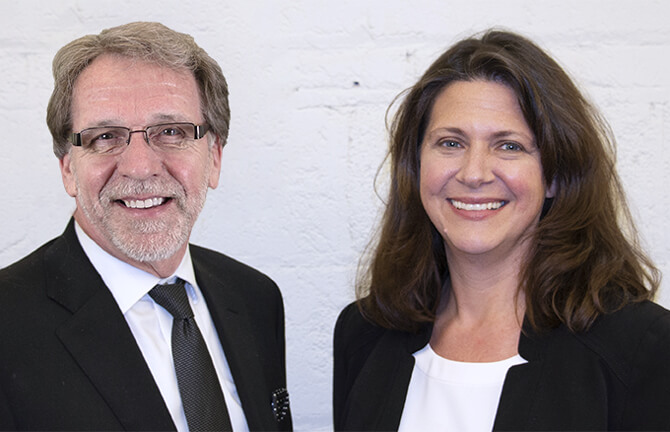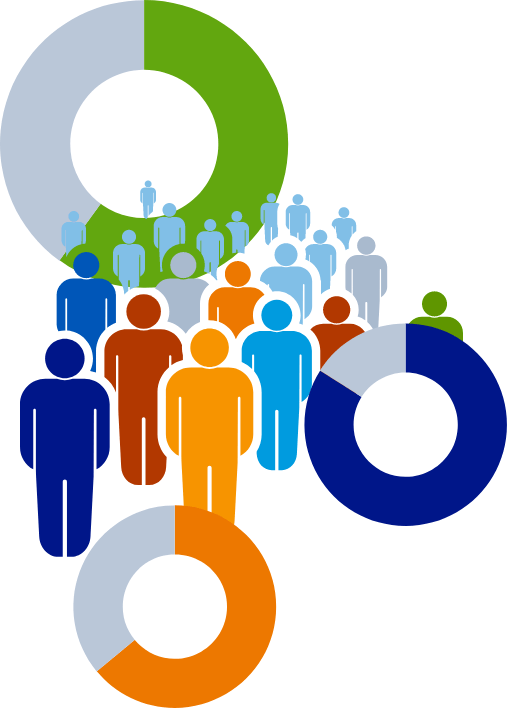Since its founding in 1919, Goodwill-Easter Seals Minnesota has evolved to meet the demands of a changing workforce and community.

Together, we're still preparing people for work.
Since its founding in 1919, Goodwill-Easter Seals Minnesota has evolved to meet the demands of a changing workforce and community. The year 2020 required agility to navigate a pandemic, racial unrest and continue our mission delivery.
- We transitioned our services to virtual formats and never stopped serving over 1,500 people.
- Three locations sustained damage during unrest and we rebuilt our St. Paul store in just over 60 days.
- We strengthened our action around diversity, equity and inclusion, as we often serve people who experience injustice and economic disparities.
The people we serve are agile. Ramone went from living in his 2002 Chevy Trailblazer with his family to owning his own landscaping business. Carly completed our construction program and found stability after landing a job with a large electrical contractor.
Our work is even more important, as over 200,000 Minnesotans are unemployed. Our proven results help transform lives: participants experience an average of 5x wage growth and 70% retain work for 365 days or more.
None of this is possible without you. Thank you for your support. Work is pride. Work is purpose. Work is belonging. People like Ramone and Carly are thriving because of your generous support and together we’re still preparing people for work.
Sincerely,
Michael Wirth-Davis, DPA
Wendy Mahling, JD, Board Chair
YOUR SUPPORT HELPS US MEET COMMUNITY NEEDS
The unemployment rate in Minnesota is 60% higher for people with disabilities; the poverty rate for families of color is up to three times that of white families.
- Our individualized services — like employment readiness, career navigation and job training — support job applicants from marginalized cultural groups and people with disabilities because these disparities are unacceptable.
Over 200,000 Minnesotans are unemployed and will need support to return to the workforce.
- We are prepared to help; our participants experience an average of 5x wage growth, over 70% retain work for 365 days or more and nearly 80% of job training graduates earn industry credentials.
Minnesota’s nearly 6 million residents generate an average of 1,600 pounds of trash every year.
- Shopping and donating helps us divert over 65 million pounds from landfills annually, and reselling thousands of donated items promotes reuse.


